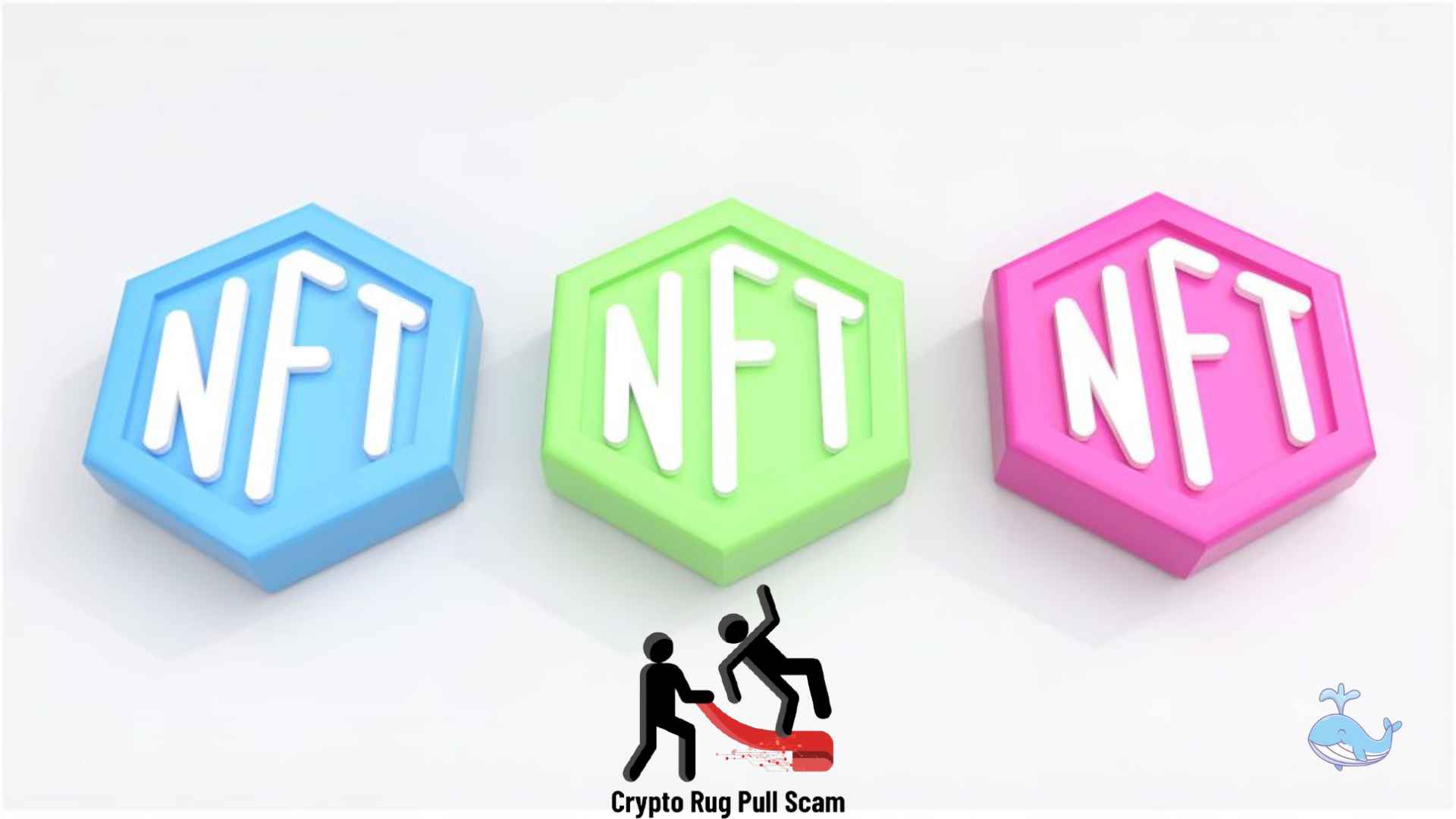Californian NFT promoters charged in alleged 22M dollar rug pull

Two Californians, ages 23, Gabriel Hay and Gavin Mayo, were arrested in Los Angeles and charged with fraud after allegedly defrauding investors of more than $22 million in cryptocurrency assets through a number of non-fungible token (NFT) rug pulls.
Two California NFT promoters charged with wire fraud after allegedly orchestrating a $22M rug pull, misleading investors with false project roadmaps. Gabriel Hay and Gavin Mayo face serious legal repercussions after abandoning their projects. $NFT
— CryptoEdge (@EdGeraldX) December 23, 2024
Arrests of NFT promoters for rug pull schemes
Hay and Mayo were each charged with two counts of wire fraud, one count of conspiracy to commit wire fraud, and one count of stalking, according to a news release from the US Department of Justice's Office of Public Affairs.
The two 23-year-olds allegedly carried out promotional activities to support the projects and sponsored and promoted digital asset and NFT initiatives. They were accused by the Justice Department of making or causing others to make "materially false and misleading statements" regarding the projects. Additionally, the prosecution claimed that Hay and Mayo gave false and misleading project roadmaps that included plans for the digital asset and NFT projects that they had no intention of fulfilling.
The two men allegedly engaged in fraudulent activities with a number of digital asset projects, including Faceless, Vault of Gems, Squiggles, Sinful Souls, Dirty Dogs, Clout Coin, Uncovered, MoonPortal, and Roost Coin, according to the Justice Department.
According to the indictment, Hay and Mayo claimed that the Vault of Gems NFT project would be the first to be "pegged to a hard asset." Prosecutors claim that the pair abandoned the project after receiving millions from investors.
Project manager and family threatened by NFT scammers
The head of the Justice Department's Criminal Division, Principal Deputy Attorney General Nicole Argentieri, stated that when someone tried to expose the two, they resorted to threats.
According to the release, the two harassed and intimidated the project manager and his family after the manager revealed that they were responsible for the Faceless NFT project. Hay and Mayo also falsely identified other people as project owners in order to hide their involvement in the project, the post added. Argentieri stated that the prosecutors' department will collaborate with law enforcement to combat cryptocurrency and other forms of digital asset fraud.
Challenges faced by NFT projects in 2024
Despite some significant setbacks for the asset class, non-fungible tokens (NFTs) continued to play a crucial role in the Web3 space throughout 2024. NFTs have sold about $8.5 billion this year, according to data tracker CryptoSlam.
The number of buyers rose by 62% from 4.6 million in 2023 to 7.5 million in 2024, despite the sales volume being lower than in prior years. Additionally, this represents a 37% increase over the 5.4 million unique buyers that were recorded in 2022, which is generally regarded as the peak year for NFTs. Therefore, even though volumes may be declining, the asset class's demand is still rising.
Shutdown of NFT marketplace
GameStop, a video game retailer, announced in January that it would close its NFT marketplace, citing unclear US regulations as the reason. In July, the American gambling company DraftKings took a similar action, closing its NFT division, which included its marketplace and Reignmakers collections. The company gave the excuse of "legal developments."
Immutable closed down its NFT marketplaces in August while cryptocurrency exchange Kraken shut down in November. In addition, NFT project RTFKT, owned by Nike, confirmed in a post in December that it would cease operations in January 2025.
Social media platform X discontinues support for NFTs
After allowing paid subscribers to link NFTs to their profile pictures for a year, social media platform X stopped supporting them in January. Another community member referred to it as "another black eye" for the industry, while another called it the "bottom" for NFTs.
Some argued that the feature had actually helped users and raised concerns about scammers and bot accounts, casting doubt on the decision to remove it. According to a community member, NFT profile pictures enabled users to verify the genuineness of the individuals they were communicating with.
Disclaimer
This information should not be considered financial advice by any means. Please do your own research before making any investment decisions. The views in the articles are personal opinions only. Whale Insider is not responsible for any financial losses incurred.
